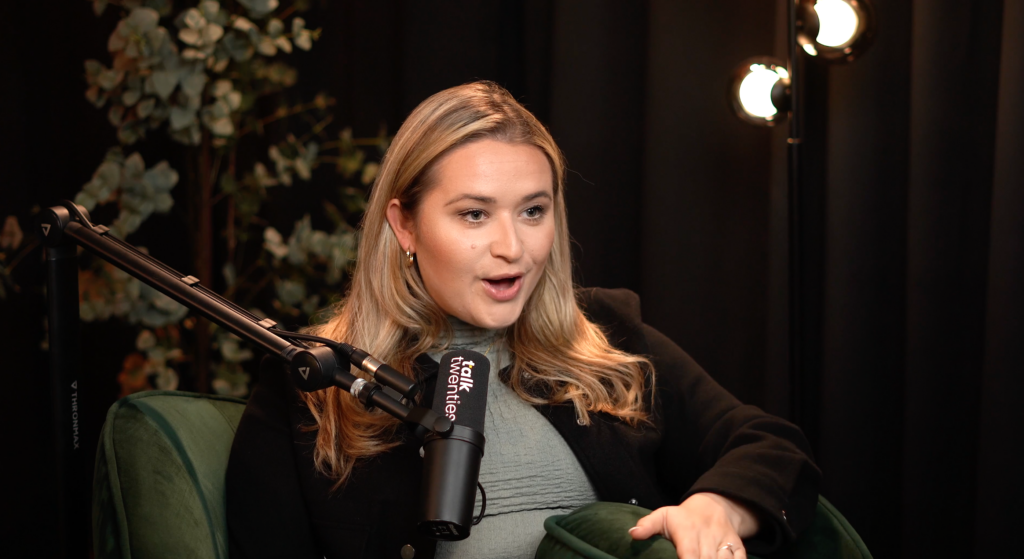
How to manage your finances without a stable income
Whenever you hear the word budget, it usually linked to creating a monthly forecast but how do you do that when your income is not monthly?
How can you create a sense of stability and structure when your income is the complete opposite?
Standard budgeting advice is usually aimed at those working in a 9-5, with a regular paycheque. But not every person has this advantage; millions of people in the UK are either self-employed or working shifts (where they get paid on different days for different amounts throughout one month).
Whilst those ways of working have huge benefits, we cannot avoid the fact that having an irregular income makes it more difficult to budget but all hope is not lost – there is definitely a way that it can work for you!
Essentially the aim of creating a budget (or spending plan) is to:
- Help you live within your means
- Make sure you can afford to live and pay for your bills
- Allow you to work towards your financial goals
And to benefit from the positives of budgeting, you need to find a way that it can work for you so let’s discuss the top tips on how to budget if you have an irregular income.
Identify your expenses
First of all, get a full understanding of your financial landscape. Whilst you might not know the money coming in, you can map out the money you know will be going out. This awareness will not only give you peace of mind, and puts you in the driver’s seat of controlling your finances.
Start by making a full list of all fixed bills and committed expenses (i.e. rent/mortgage phone bill, internet, utilities etc). Work out the value of each expense and the date it leaves your account. Aiming to have enough money to cover these payments is important so that you don’t miss any payments – use this as a foundation for your budget.
Maybe you will evaluate and realise that your outgoings are unsustainable and too high, and it feels unachievable to be able to afford everything (alongside general spending and living). Consider cutting down on your expenses – could you get cheaper deals with other providers, could you get a discount from your current supplier, or do you need to cut that expense out altogether (even if it is only for a short period of time)?
Understand your spending habits
Outside of our bills/committed expenses, we have to spend money to survive and some expenses can vary from month to month (these are usually called variable expenses), for example, petrol or groceries. You usually have greater control over the amount you spend. If you can become aware of how much you usually spend on these expenses every month, you can get an idea of how much money you need to survive (outside of your fixed expenses).
Tracking your spending is a great way to practice mindful spending and the awareness allows you to make financial decisions on where you are comfortable spending money or where you might want to be a bit more frugal.
Try to forecast your expected income for the month
If possible, calculate your average income (look back at your income over the last few months and work out the average income you receive each month) and use this amount to forecast your monthly budget.
Alternatively, you could plan for the lowest expected income and anything over that amount is a bonus and can be put aside to carry over to the next month or to go towards your financial goals. This way you know you will always be able to afford your bills and afford to live.
For example, if you have a basic wage you are paid every month but sometimes do extra shifts or overtime, you could forecast your month based on this basic wage, to ensure you are not spending more than you make. Any extra money could then add up to towards your financial goals.
Consider having a holding account
Have one account where all and any income is paid into: your wage, student loans, side hustle money etc. All of the money lives in this account and is held there until it is told what to do.
Then, have a separate account where all your money for bills and living comes out of and live off of that money. Try to make this amount the same amount each month.
Example: you get paid £2,000 over the course of month 1 and need £1,200 to live. You would move £1,200 into your spending account for living and expenses, leaving the remaining £800 in the holding account.
If in month 2, your income is only £500 and it gets paid into your holding account you would then have £1,300 (£800 + £500). From your holding account, you would pay yourself £1,200 to live off of.
This means that even though in month 2 you only made £500, the money that is available from previous ‘better’ months covers you – this will help you average out your spending and creates stability with an irregular income.
Be flexible
It can be easy to bury your head in the sand and hope it all figures itself out but (talking from experience), this is never the answer! Acknowledge that you have an irregular income, and it does require a little bit extra work to manage.
Don’t avoid looking in your bank account; you want to keep an eye on your bank balance and bank statement to ensure you are spending in line with your budget and that no unexpected payments come out.
Save money for an emergency fund and create sinking funds
Emergency fund – Sounds boring I know, but they are important and that is all part of #adulting. Try your best to build a pot of money for emergencies so that you feel more financially secure and if anything was to happen e.g. a stop in income, or an unexpected payout
And if you are considering setting up a business, or going freelance, (and planning to leave behind your regular monthly income) focus on saving 6-12 months worth of living expenses so that you know you can still afford to live. It will give you peace of mind as you enter this new world of working where perhaps your income will be less regular and stable than previously experienced.
Sinking funds – As part of your monthly outgoings, factor in a small amount of money (separate to your savings) that is saved up over time and to be used for a specific event or reason. e.g. we know that Christmas happens every year once a year. A Christmas sinking fund might include you putting away £15 every month so that by the time Xmas arrives, you have £180 in the pot ready to spend on presents or Xmas events, without needing it all to come out in one paycheck!
If you know how much you get paid, but your paydays are more than once a month (e.g. you get paid weekly or fortnightly) here are some things to consider:
- You could create a weekly or fortnightly budget. Yes, this is more work because you would need to be checking and working towards a new budget every week/fortnight but it might work for you. It gives you full control of where your money is going every time that money hits your account.
- Or consider spreading your bills throughout the month so not all coming out of one paycheque. You might try to evenly spread your bills throughout the month so that you have an even (ish) amount of money that needs to be paid out of your account every week that you know each paycheque will cover. Try calling up your providers and see if changing bill dates is an option for you but be sure to keep a track of what comes out on what date!
Final thoughts
We hope these tips will help you feel like you can manage your money however often you get paid. Try things out and see what works for you and find a solution that allows you to feel confident in this area of your life!



